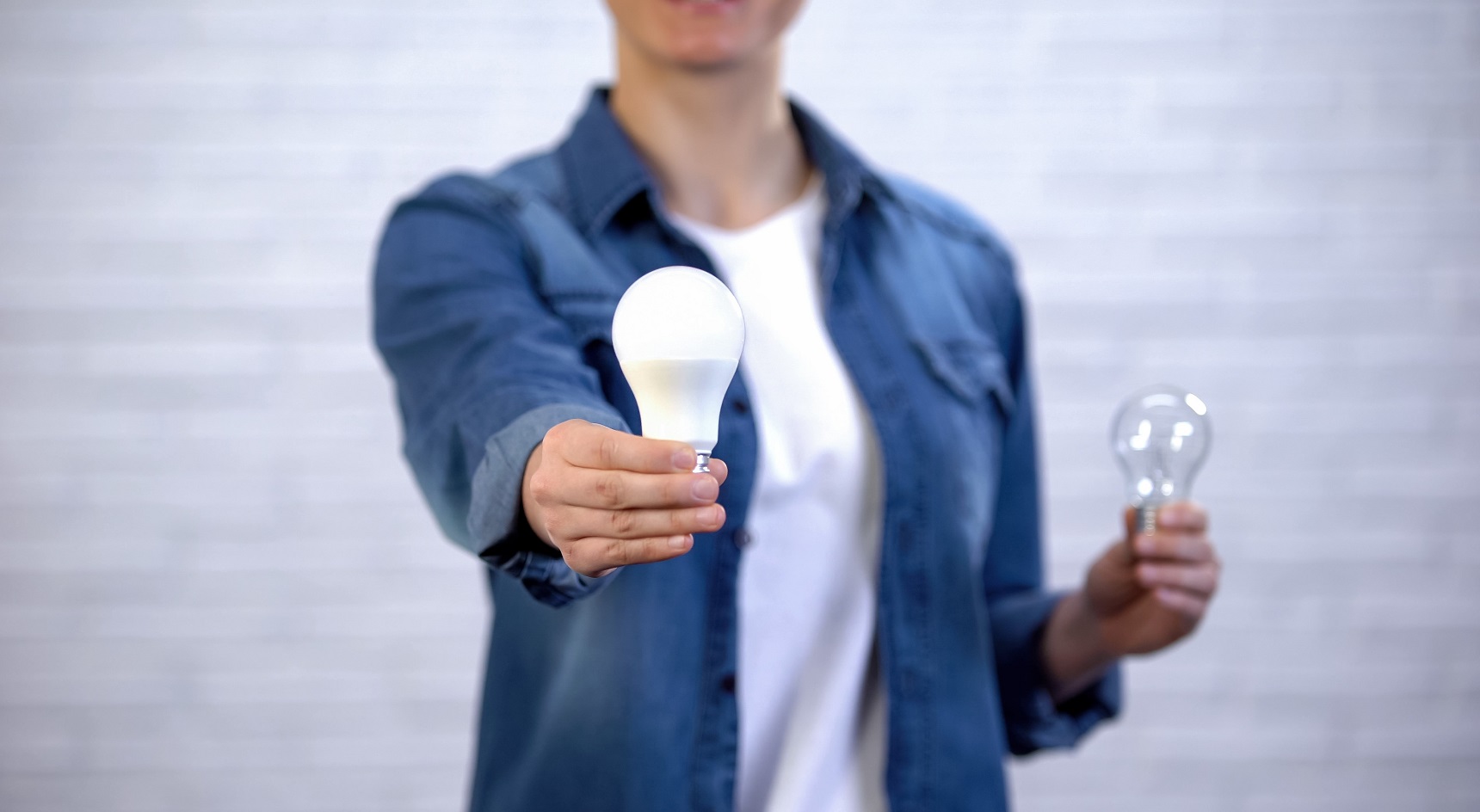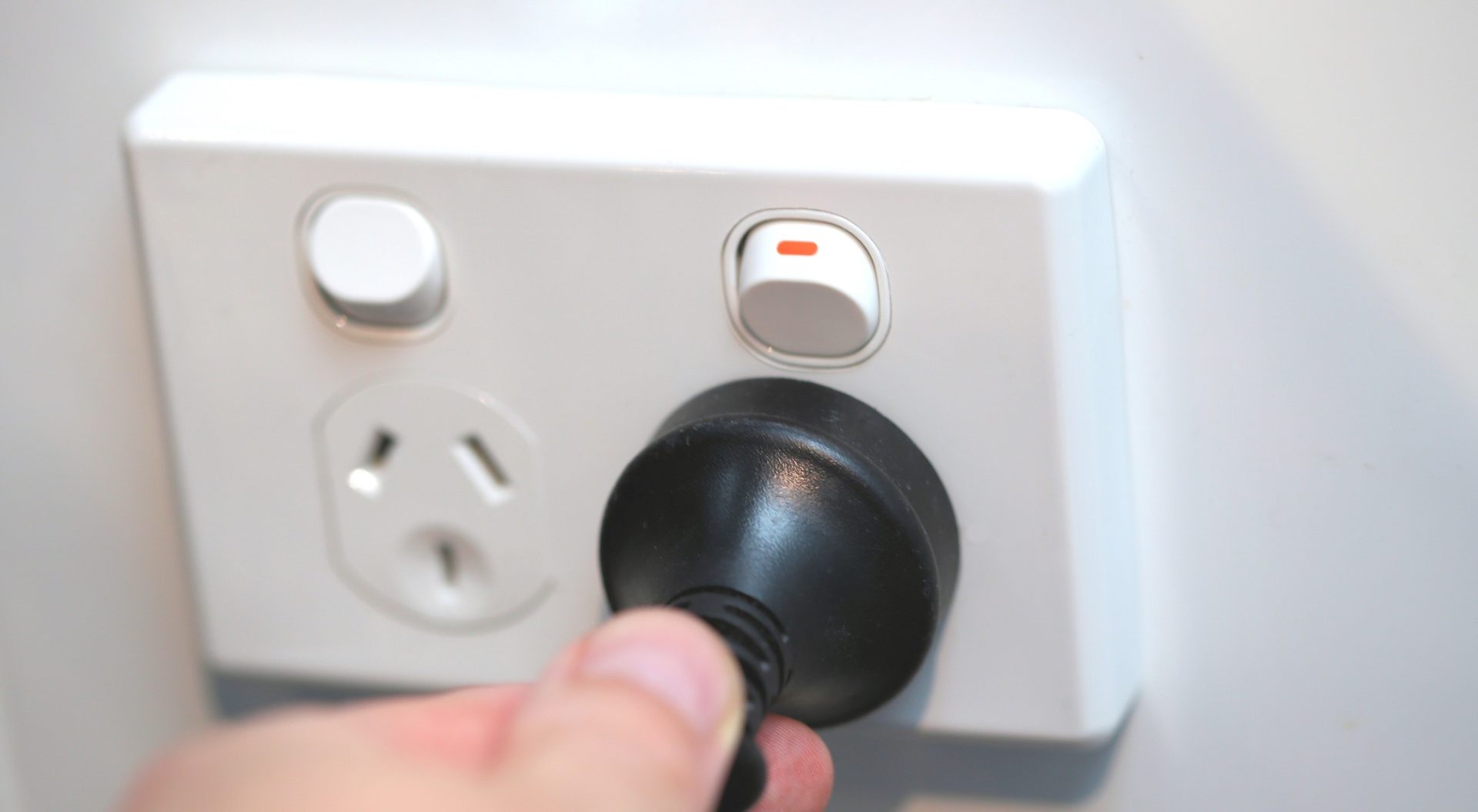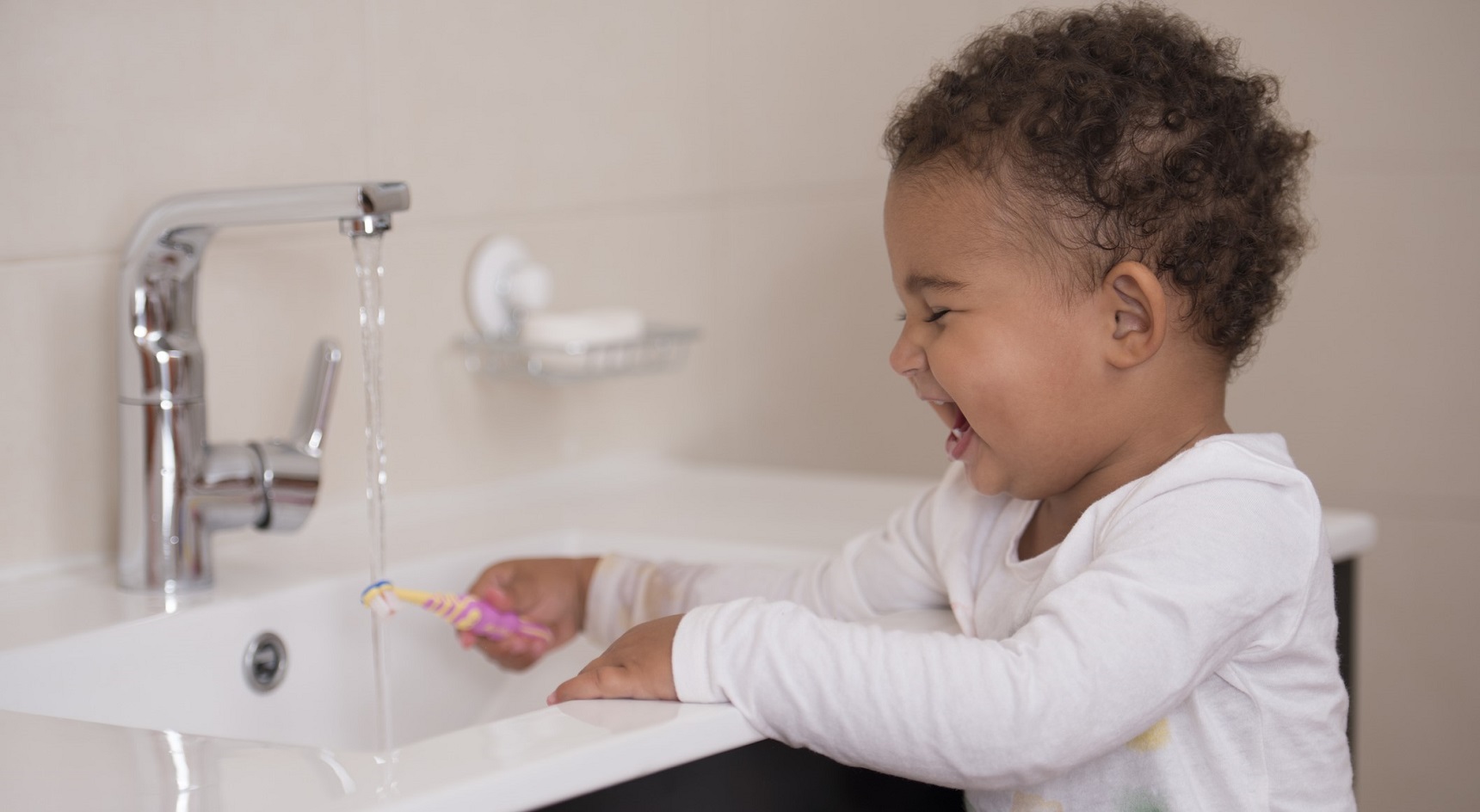How to COVID-proof your electricity bill
 More time at home could easily cause your electricity bill to skyrocket, but there are a few precautions you can take to help keep costs down.
If you’re working, looking after kids or self-isolating from home, chances are you’re using more electricity than usual.
From computers and TVs to lighting and heaters, our everyday appliances are getting a workout.
Unfortunately, more usage often means higher bills, but there are a few simple things you can do to keep your usage down and reduce the strain on your wallet.
Here are 6 easy ways to reduce electricity usage while you’re cooped up at home.
More time at home could easily cause your electricity bill to skyrocket, but there are a few precautions you can take to help keep costs down.
If you’re working, looking after kids or self-isolating from home, chances are you’re using more electricity than usual.
From computers and TVs to lighting and heaters, our everyday appliances are getting a workout.
Unfortunately, more usage often means higher bills, but there are a few simple things you can do to keep your usage down and reduce the strain on your wallet.
Here are 6 easy ways to reduce electricity usage while you’re cooped up at home.

There are many ways you can save on your electricity bill. Image: iStock
Be sensible with your heating and cooling
Did you know heating and cooling make up 40% of the average household’s electricity bill? Luckily, there are a few things you can do to minimise the sting. Now – after summer’s sweltering days, and before we get into the chill of winter – is the perfect time to get your heater serviced. When these units aren’t maintained properly, more power is needed to push air past dust, particles and built-up dirt, which could result in a dramatically increased energy bill. Wondering what temperature to set your heater to? As we approach winter, when heating can cost as much as $3.50 an hour, it’s best to set your heater’s thermostat to 18C-21C. Every degree higher could increase running costs by up to 10%.
It’s best to set your heating to 18C-21C. Image: iStock
Cool your washing loads
Washing machines use a huge amount of electricity, especially when the heat’s turned up. To reduce your electricity bill (and avoid the risk of shrinking your favourite jumpers), wash full loads with cool or cold water. Hand wash delicate items that need to be cleaned separately. You could save up to $25 for every 100 loads of washing you do in a 7kg top loader machine if you use the cold setting rather than warm.
To reduce your electricity bill, wash full loads with cool water. Image: iStock
Switch off or swap your light bulbs
Obviously, switching off your lights will keep your electricity bill down, but we don’t expect you to fumble your way to the fridge in the dark. In rooms you need to keep lit, swapping your bulbs could save you just as much. Trading halogen bulbs with LED or CFL bulbs can help you save money as well as the environment. According to the Energy Rating website, a 10w LED with a ten-year lifespan will cost about $39 compared to halogen lighting, which could cost $148 over the same period.
Trading halogen bulbs with LED or CFL bulbs can help you save money. Image: iStock
Stop your power at its source
The average home contains a huge number of electrical appliances – some you may not even think twice about. A lounge room, for instance, could include ceiling lights, lamps, a TV, a heater and air-conditioner, a stereo system and speakers, a computer, a DVD player, gaming devices, a modem and various chargers. A lot of these appliances use power, even when they’re turned off. To help reduce your power bill, simply switch the non-essentials off at the wall.
To help reduce your power bill, simply switch the non-essentials off at the wall. Image: iStock
Use your water wisely
Water heating makes up more than 20% of the average household’s electricity bill, which is really no surprise. Just think – when you turn on the hot water tap, you’re paying twice over: once for the water itself, and once for the energy needed to heat it. Some hot tips to save: don’t set your water temperature any higher than 50 degrees Celsius, install water-saving showerheads, repair any dripping or weeping taps, shorten your showers to 5 minutes and, if you have an aging, inefficient water heater, consider swapping to a more efficient model.
Repairing dripping or weeping taps will help you save money in the long run. Image: iStock

